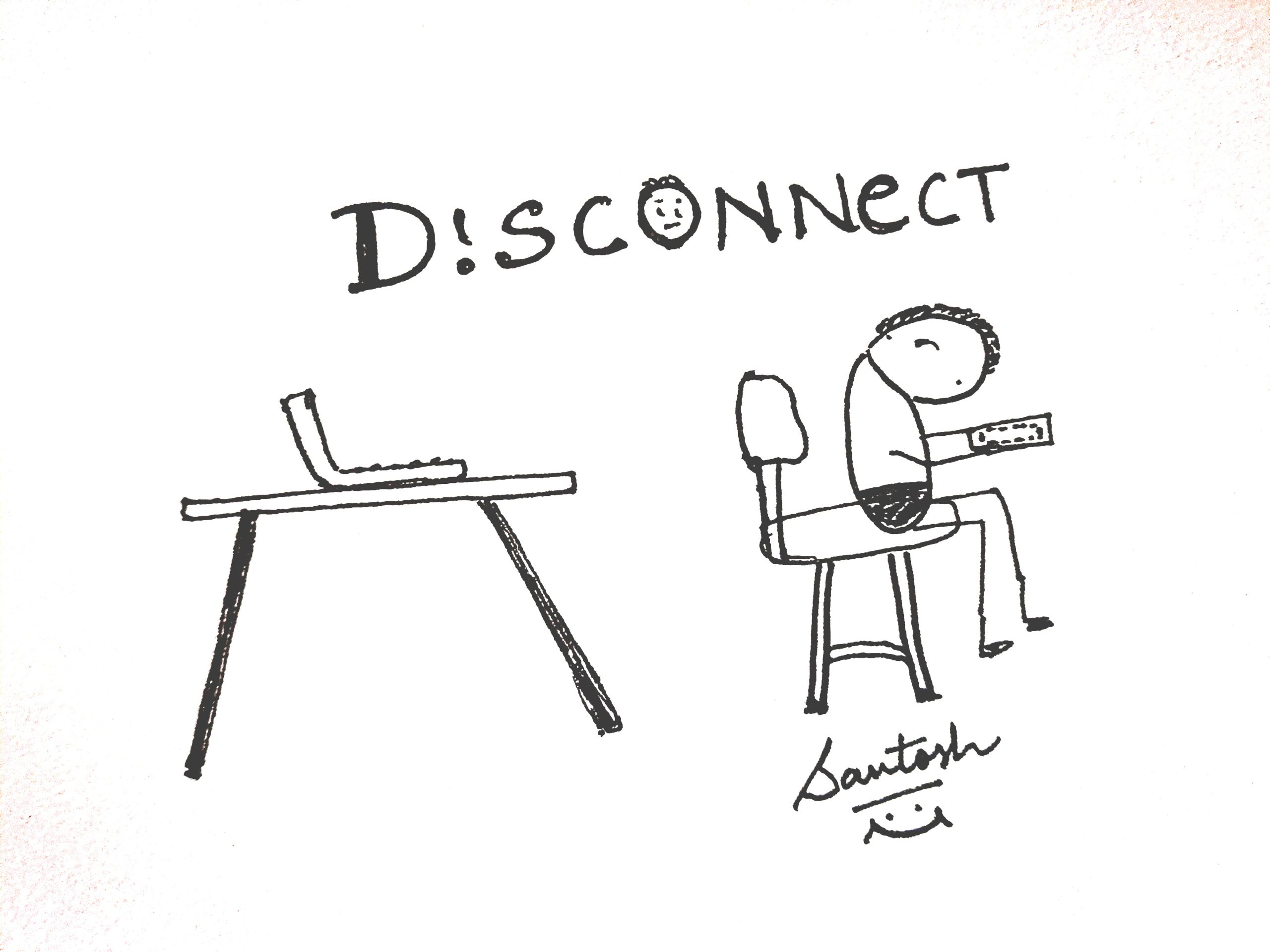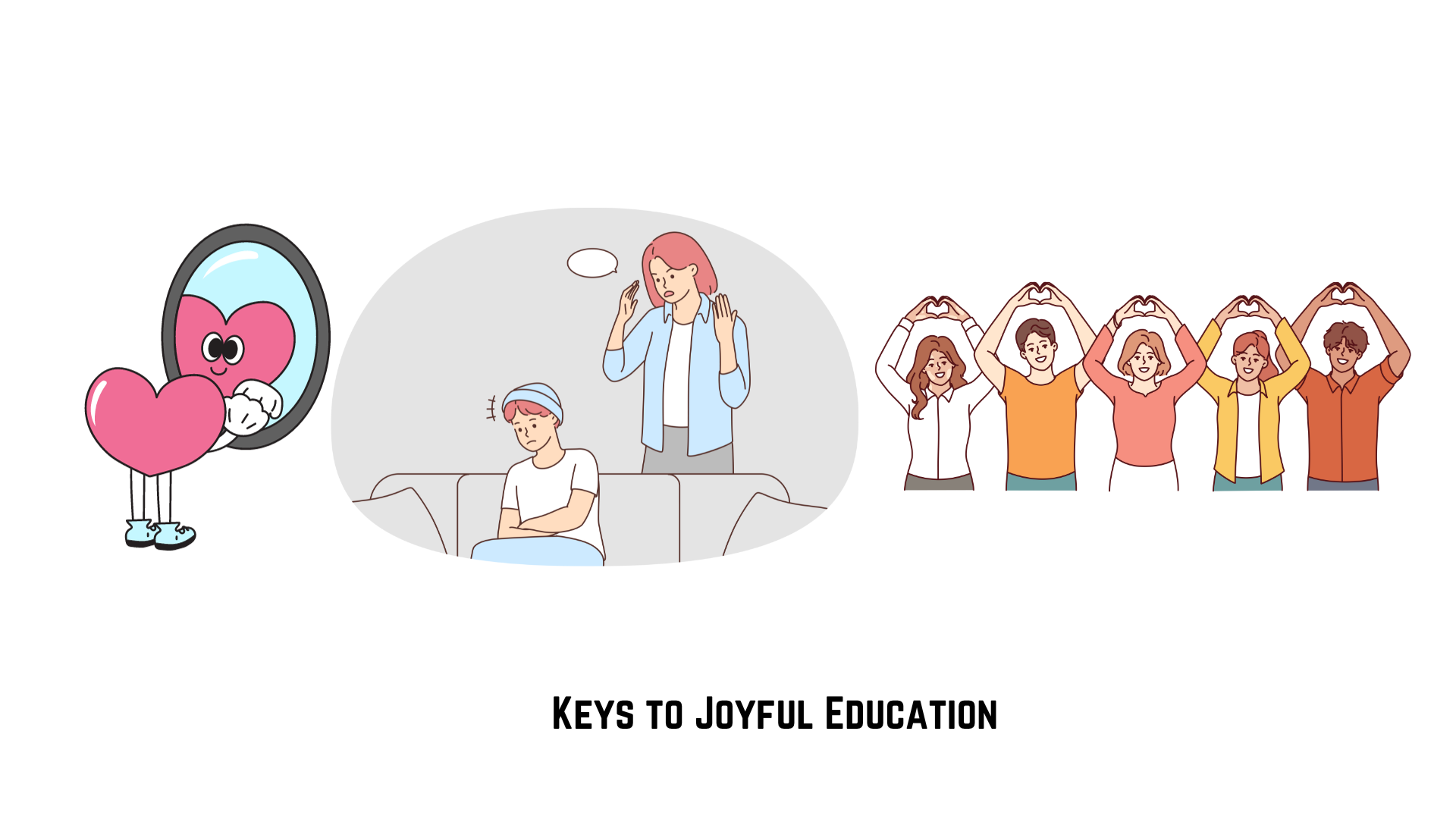Trending Now
- “If Edappadi Palaniswami permits, a thousand young members from the Virudhunagar district AIADMK are prepared to take up arms and engage in battle under my command.” – Former AIADMK Minister Rajendra Balaji
- “India is ready to deal with any counter-attack by Pakistan” – Wing Commander Vyomika Singh
- Central govt orders extension of CBI Director Praveen Sood’s tenure for another year
Columns
Tests are a way to show teachers where they stand
![]() March 20, 2023
March 20, 2023
A child should be enabled to learn when she or he is first ready to learn. Tests and examinations are conducted to test teacher ability and to determine where one stands in the teaching-learning process for a particular subject.
Tests and year-end examinations for students have to keep these three perspectives in mind: why they are conducted, how they are assessed, and what to do when they are assessed. As a student, I thought these were done to test the memory, compare with others, and help move on to the next grade. However, some courses were not easy. On hindsight, the reasons could be that individual subjects did not answer why this subject was taught, how to get involved in learning, or what to do with the assessment results. Apart from a few top scorers for rests, these assessments did more harm than good. The emphasis was on knowing what was taught, reproducing it during tests and examinations, and moving on to the next grade.
These assessments remind us that something is really wrong with the child’s intelligence. Those who failed were perhaps shown the door or considered not normal for the school system. This perception continues into higher education and recruitment, leading to tragedy for a child who is prevented from higher education and jobs on the grounds that their assessments reflect poor or not normal performance, when in fact there is nothing wrong with that child.
Dr. Mrs. Shanta Susheela, a seasoned educationist, said, “Tests and end-of-year exams provide teachers with a means of evaluating the effectiveness of their teaching methods and identifying areas where they may need to improve. They also give students an opportunity to demonstrate their knowledge and understanding of the material they have learned throughout the year. If there is no end-of-year exam to evaluate my teaching or assess the students learning, then the whole education system collapses and education loses its worth; hence, there must be end-of-year exams for students.”
I have heard that PTM’s ‘failing’ or ‘slow learner’ label is telling the parents that the child is an underperformer. I have seen not just parents but extended family, neighbors, and parent’s friends upset with the cascading remarks that followed in the home. Every child’s intellectual superiority is assessed within defined subjects, which make up a grade sheet.
Some logical arguments from educators say that development in learning those subjects is related to a child’s age, and one can therefore compare a child with the average performance of others at that age. There is something about a child’s developmental potential that comes in these assessments. Mrs. Parimala L. K., the Principal of Seshadripuram Public School, which follows the ICSE curriculum, said, “Tests are a natural inheritance quality that humans have. We test, compare, and assess everything. Class performance through tests is a way to let teachers know the students understanding of the subject. These tests, test the teacher.”
Ms. Jean Samuel George, the Principal of an ICSE-ISC school, MG School for Excellence, said she often reminds her students to forget about marks and instead focus on the ongoing journey. Children are not numbers but people with personalities. Marks matter for some time, and for those who are academically oriented, for slightly longer.
Dr. Chetan Giniger, a leading pediatrician from Aster CMI Hospitals in Bengaluru, said, “For a populated country like us, the board examination does matter. However, the school courses should have real-world applications; otherwise, they would not add any value to the development of a child.”
Dr. Mrs. Shanta Susheela believes that the results of the tests or end-of-year exams help students get a clear picture of their inclinations, strengths, and weaknesses regarding their learning. This could help students focus their efforts to improve their performance. For teachers, the results would help them take corrective steps and plan for additional support and guidance for students who may be struggling in those areas. The feedback loop can help teachers continuously improve teaching strategies and enhance the educational experience for students.
There is so much interest among educationalists in the idea that there is a sensitive period for each subject a child should learn for their development. Maria Montessori, an educationalist, discovered that children aged 2.5 to 6 years are more receptive to sensory-based learning than children of later years.
Hence, it is vital for schools to have comprehensive programs for children in many settings. However, according to Bayley (1), will regular school instructions benefit children?, was Binet’s original aim of study. Test scores did not imply that all ‘intelligence’ is inherited, that a low score merely indicates poor innate endowment, or that environmental factors were irrelevant.
At the age of less than three, subject-based assessments often begin with labels like good boy or good girl. The learning does not take into account other factors that could affect development, most of which are not directly related to the child’s intellectual endowment. Parents arguments on social media often reflect how the fee is often equated with the facilities rather than how these facilities are necessary stimulants to improve the performance of a child. Parents pick schools as the necessary stimulant that is lacking at home, and this is something educationalists know while developing an academic program.
Dr. Mrs. Shanta Susheela suggests diagnostic assessments of a student’s learning rather than being purely competitive in nature. The purpose of such exams should be to identify the areas where a student is struggling, and where they need to focus their efforts to improve their understanding of the concepts. Exam must cover the entire syllabus taught throughout the year. This ensures that all topics are assessed and helps provide a comprehensive picture of a student’s understanding.
“Teachers have to help students realize the relationships between some subjects; they have to connect the dots of learning.” “An integrated approach where teachers work together and remind themselves and students that one does not have to stop with assessments,” said Mrs. Parimala L. K.
Ms. Jean George remarked, “For the first few weeks’ teachers spend more time getting to know the students. In a way, understand the micro level of factors affecting every child. Teachers in schools have a significant role in helping children find purpose and develop their personalities.”
Another trouble I see is parents taking up the role of teachers at home. I have come across mothers who would put pressure on a five-year-old to read and write, but the child would show resistance to doing so. With such high expectations from the parents of a five-year-old, I have curious questions: when do parents begin teaching and what should be taught? Do they begin along with preschool? Do they reinforce the curriculum taught by teachers? The answers could help in identifying factors that affect the child’s development. The argument that there is less stimulation at home, so children achieve less, is fair, but how do parents know what’s less or more?
Dr. Chetan Ginigeri said, “Parents should not role play as teachers; they should not follow the curriculum, and school processes should not flow into the home.”
Ms. Jean believes that language is something to be caught—by listening, speaking, and reading—rather than taught by rules and regulations. Writing can be added later on. As children learn through patterns, exposure to a word wall, story books, pictures, word games, and similar learning tools must be added to aid their language skills at the foundational stages.
Dr. Mrs. Shanta Susheela thinks that application-based learning, where one requires to apply their knowledge to real-world situations rather than just recalling facts, is vital for student development.
Can we do away with preschools? Dr. Chetan Ginigeri said, “Preschools are required for kids as they provide a space to burn energies.” As the saying goes, a tired child is a well-behaved child.
Many studies (2) have suggested parent-child intelligent conversation is vital for the child’s development.
Dr. Chetan said that practices such as cursive writing do more harm in preschoolers as they would not have developed motor skills, resulting in poor hand-eye coordination. This also could be because of parents interests in accelerating their child’s learning at a young age.
Dr. Chetan recommends that only listening and repetition, pictures and associations, storytelling, and role play be taught in preschools.
IIIingworth (3) summarizes the desirable qualities of the home in his book to help him achieve his best at preschools. With respect to academics, the points IIIingworth mentions are worth reflecting on for parents and educators: acceptance and praise for effort rather than performance or achievement; setting a good example—television programs; understanding the child’s endowment rather than expecting more; allowing the child to make mistakes and learn from them; teaching persistence and creativity; reading to the child; providing experiences outside the home; encouraging discovery rather than rote learning.
If a child is engaged with mobile phones or being taken care of by babysitters, a preschool or school would be a better place for a child. In terms of learning, as thoughtfully put by IIIingworth, a child should be enabled to learn when he is first ready to learn.
1. Bayley N. Mental growth during the first three years. Genet Psychol Monogr. 1933; 14:1
2. Working Party for Schools Council No. 27 Cross’d with adversity. The education of socially disadvantaged children in secondary schools. London: Evans and Methuen Internationa, 1970
3. IIIingworth’s The Development of the Infant and the young child, 11th
Santosh Avvannavar, Education Journalist QtSTEAM & Mentor QtPi Robotics






















